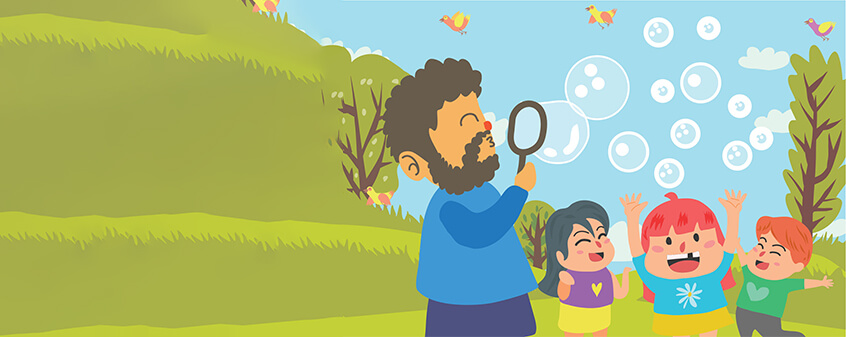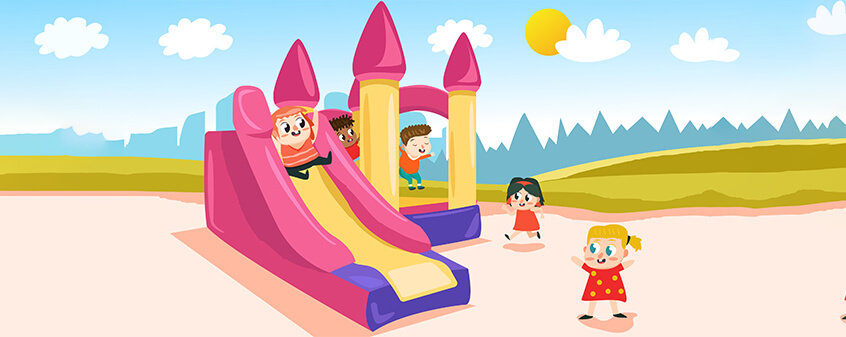The Future of Education
"Knowledge is power. Information is liberating. Education is the premise of progress, in every society, in every family.”- Kofi Annan
In a country where education and knowledge is prized among the most valuable, of one’s personal assets. Where literacy and intelligence gained from a certain percentage, are the measuring thresholds to the success and reputation of individuals, it comes to mind the significance of relinquishing this key to success onto future generations. However, if the knowledge and skills we currently obtain, is no longer of the importance that it once used to be, it questions the knowledge we are taught and our education system as a whole, moreover enquiring the future of education and knowledge in our country.
To comprehend the knowledge, we are taught and the method to which we learn, we must first understand the history of education, and where present-day knowledge originated from. Education as we know today, began about 350 years ago, from the last and biggest of the empires; the British. Imagine trying the run the world, without computers, without telephones, without internet, instead with data handwritten on pieces of paper, travelling around the world by ships. Sounds ridiculous right, but the British actually did it. They engineered the first global computer, made up of people. They created a machine that was so remarkable, it’s still with us today, it’s called the Bureaucratic Administrative System. In order to keep this machine functioning, you needed many people, and to produce these people, the British created another machine, known as school. School would produce these people, giving them all the knowledge and skills they would need to later become parts of this global computer.
However, the people had to be perfectly identical, and all were taught 3 things: How to write perfectly, How to read, and How to do complicated math in their heads. These people would have to be so identical that you could pick one up from Canada and ship them to India, and they would be instantly functioning. The British were excellent engineers, and they created a machine that was so robust, that it is still with us today, continuing to produce parts of a system that no longer exists. The empires gone, so what are we doing with this design that is obsolete, however is an excellent way to mass teach people, and provide knowledge which can be customised, to be relevant to today’s and the future generations.
When looking at the present day, we see the majority of jobs and occupations requiring the use of various forms of technology and the internet. In the day and age of technology, we no longer need to be able to have impeccable handwriting, nor calculate the properties of parabola ‘x’ in our minds. We still require rudimentary literacy and academic skills; however, we should have a particular focus on the present world and the future, which is centred around the development, creation and evolution of human technology. When students leave school, they should be equipped with practical knowledge which is relevant to their future, jobs and aspirations, which can only be gained through physical experiences.
To prepare for the future, schools should educate and teach students about evolution of technologies, particularly the use and application of machinery and the creative/analytical engineering which is fundamental in many present day and future jobs. The future of education should no longer be based upon memorising pages and formulas from a textbook, but instead allowing students to have a physical approach to learning which is relevant to their future, until they are able to understand the content at a personal level. Teaching people how to function and control technology cannot be taught from a textbook, sitting at a desk. Instead it should be taught by allowing people to gain the experience and practice with modern technology, which is essential in this fast paced, technological world.








